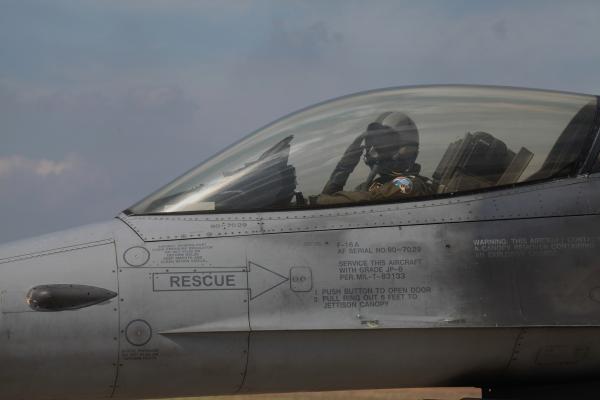ADD LIBYA TO the growing list of countries where the United States is conducting military operations in the name of fighting terrorism.
In February, a U.S. airstrike in the town of Sabratha in western Libya killed more than 40 people. The intended target was said to be Noureddine Chouchane, a senior commander of the so-called Islamic State (ISIS) from nearby Tunisia, but there has been no independent confirmation that he was at the site. Among those killed in the attack were two Serbian embassy staff who were being held hostage by ISIS.
Since the overthrow of the Gadhafi regime in 2011, Libya has been engulfed by chaos. There are now two competing governments—one in the eastern city of Tobruk (recognized by the United Nations) and the other in Tripoli—neither with much power or public support. Real power in the country is in the hands of hundreds of militia groups that rule local areas and often support rival government factions. Many of the militias oppose the presence of foreign forces, and the Tripoli-based government vigorously criticized the U.S. attack on Sabratha.
Pentagon commanders believe that bombing and commando operations can reduce the terrorist threat in Libya, but the experience of military intervention in other countries during the past 14 years suggests otherwise. U.S. military attacks have not brought stability and peace to Afghanistan, Iraq, Yemen, Somalia, or Syria. Why do we think they will solve the problems now in Libya?
The United States fought a major war in Iraq to suppress al Qaeda, but that organization morphed into the even-more-dangerous menace of ISIS. The U.S. has conducted more than 10,000 military strikes against extremist targets in Syria and Iraq during the past 18 months, but the threat from ISIS in the region remains formidable and is now spreading to Libya.
Read the Full Article

